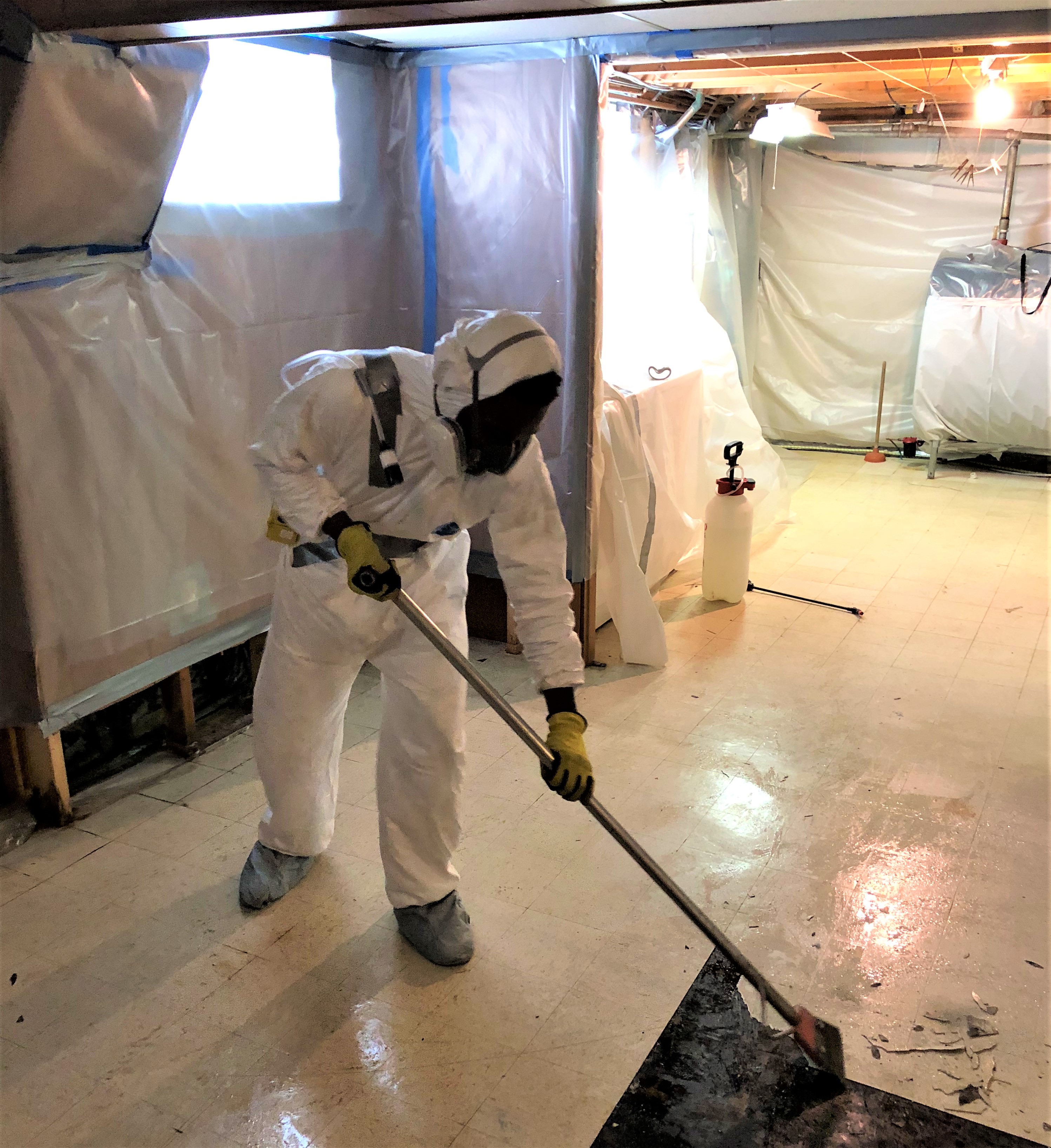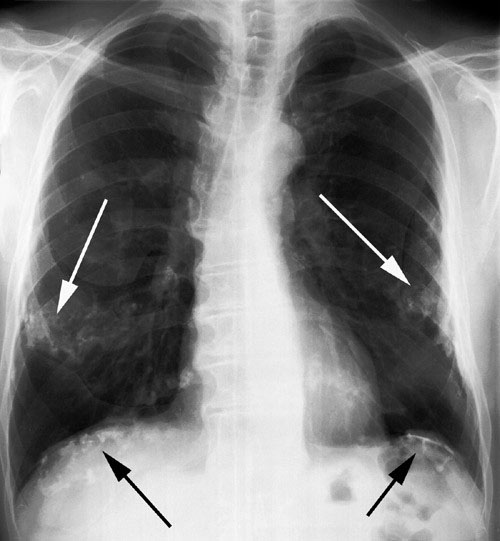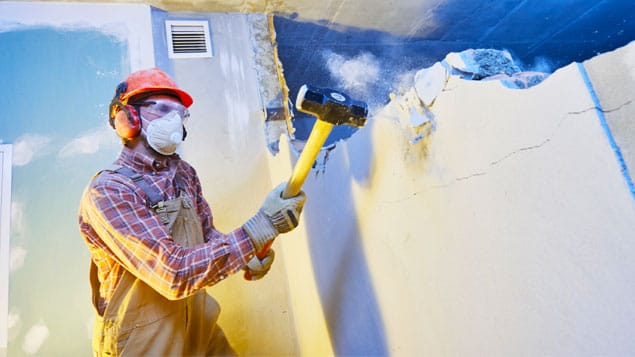My husband and I were walking home one morning when he asked to stop and take a break. We weren’t fast walkers; he and I liked to walk and talk a lot, so walking had never been a struggle for either of us until then. He kept gasping for air and saying he couldn’t “find his breathing.” Later, he confessed that it was not the first time that happened. I immediately called our doctor to set an appointment.
Our doctor ordered a few tests. We had some fluid in his lungs drained. I was an anxious mess. When the pathology results came back, my fears were confirmed: he was diagnosed with pleural mesothelioma, a rare cancer of the pleura or lining of the lung.
The doctor said this was usually caused by inhalation of asbestos fibres. We wondered for a while how this happened: he had been working at a top-rated hotel for over thirty years. How could he possibly be exposed to asbestos? Isn’t asbestos exposure more common in the construction or manufacturing?
He realised later on how this happened. As a teenager, he and his dad did minor renovations on their home. They were simply fixing the roof and changing the tiles. My father-in-law died from a heart attack a decade ago, so there’s no way to know now if he had asbestos dust sitting in his lungs. But my husband did, for sure.

I held his and my son’s hand while the doctor went on sharing the rest of the information he had for us as gently as he could. He gave the prognosis: “A year or so, I’m afraid.” I could not describe what my family was feeling at the time. It was a mix of shock, anger, confusion, but we were also so filled with love for one another that my son and I can’t remember now how long we all held each other and cried together in the doctor’s office.
As a wife and mother, I am used to multi-tasking. But in the days following my husband’s terminal diagnosis, I felt like I lost this skill: how do I process my emotions while also staying objective enough to grasp all the medical stuff thrown at me? I had to absorb and process my shock and still perform responsibilities like fill out paperwork, buy medicine, pay for treatment, keep the hospital room in order, respond to calls from family and friends. But I imagined how much harder it must be for my husband as he struggled emotionally and physically, so I carried on with courage.
My son and I did all we could to fully understand mesothelioma and all asbestos-related diseases. I researched using the internet, asked the doctor many questions, and frequently called up friends who were medical professionals. All their answers were grim, even though they came from a place of love, but this did not make me give up hope. I hoped hard we would be okay soon.
My husband’s cancer symptoms started to advance and his pain worsened. He would cough and wheeze daily and would complain of muscle weakness. We worked on providing palliative care for him. He was given treatment and therapy to control his pain.

But it was his daily display of strength that really made the whole thing better. He used his best superpower: making jokes. He would make light of his terminal disease in different ways; the most popular was him saying “Welcome to the pre-departure area!” every time someone came to visit. His spirit never faltered. Seeing that my husband had come to accept his reality encouraged me to match his energy and optimism.
We threw two big birthdays for him. Our daughter-in-law gave birth while he was still alive, so he got to spend some time with his new grandbaby. We still went on morning walks together — the walking was slower, but the conversation was better than ever. There we realised that, more than all the things we were, we were each other’s best friend.
Thanks to advancements in medical technology and care, we were able to make his final hurrah on earth so memorable. Our doctors, nurses, family, and friends all worked together to give my husband a good quality of life even as it neared its end.
Even though this asbestos story ends in an asbestos death, my hope still became a reality: we did end up being okay. We were filled with love: for him, each other, and all those who are experiencing what we experienced.
He survived for nearly two years after his diagnosis. His funeral was a bittersweet moment for all of us: we were sad that he was gone, but we were happy because we were sure that he lived a good, full life. He was 58.
Conclusion:
If you suspect an asbestos at home, get an immediate help from an expert – an asbestos removal service in Melbourne or any area you are.

